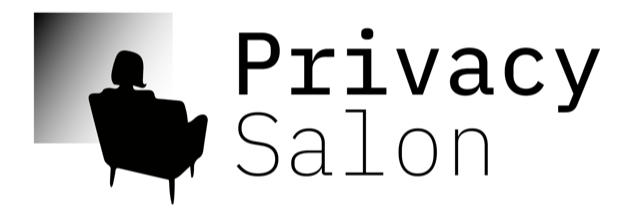The interdisciplinary summerschool on privacy provides an intensive one week academic post-graduate programme teaching privacy from a technical, legal and social perspective. The goal of the summerschool is to provide students with a solid background in the theory of privacy construction, modelling and protection from these three different perspectives. It also aims to help them to establish a first international network with peers and senior academics across these disparate disciplines.
Theme: "Assessing and mitigating privacy risks in the Internet of Things"
As a concept, the Internet of Things is perhaps already an anachronism. Already back in 1991 Marc Weiser, in his famous paper on theComputer for the 21st Centurywrote:The most profound technologies are those that disappear. They weave themselves into the fabric of everyday life until they are indistinguishable from it.'Ubiquitous computing' (ubicomp) or the disappearance of the infrastructure in the background, as predicted by Mark Weiser (1991), through the ubiquitous presence of sensing IoT devices (Dourish & Bell, 2011), is not fulfilled. And yet here we are, well into the 21st century, and the internet of things is getting real: cars are networked supercomputers on wheels, we wear smart watches or fitness trackers, even our fridges are smart and connected, and the virtual and real world are starting to converge as the technology is indeed disappearing and mediating our lives. These technological changes in ubicomp and autonomous systems also fit in with recent scholarly thinking in social sciences. According to Deuze (2012) the key challenge of media and communication studies in the ‘media life’ of the 21st century is, or will be, the disappearance of media, where people increasingly are living ‘in’ media instead of living ‘with’ media. However one of the first ways to conceptualise the merger between media technology and the everyday life can be found with Roger Silverstone, Eric Hirsch and David Morley (1990) proposing the notion of ‘domestication’. Through that process the domesticated digital media technologies disappear into the daily practices. They are not perceived as (savage) technologies anymore but offer ‘ontological security’ as natural extensions of personal interactions and social communication (Giddens, 1990). This gradual shift of people becoming one with their digital environment has later also been highlighted by other scholars in social sciences, through notions like ‘media life’ (Deuze, 2012), ‘mediatization’ (Couldry and Hepp, 2017), the ‘digital condition’ (Stalder, 2018), and ‘liquid surveillance’ (Bauman and Lyon, 2013). A key socio-technical question is then how trust in and dependence of these ubiquitous platforms for mediated communication is configured and the kind of consequences this has for user (dis)empowerment and public values (Pierson, 2021). This steady technology push, perhaps partly made invisible by new hypes like the metaverse, does raise fundamental privacy and autonomy issuers, that will be explored in the summerschool.
The Interdisciplinary Summerschool on Privacy offers a very limited number of stipends, for those students that do not have their own funds to cover the registration fee. We are unfortunately not able to cover travel costs
Important dates
Summer School Dates: 25 - 30 June, 2023
Application deadline: March 15, 2023
Notification: April 15, 2023
Awarded applicants: confirmation of attendance by May 1, 2023
Non-awarded applicants: registration and payment by May 1, 2023

